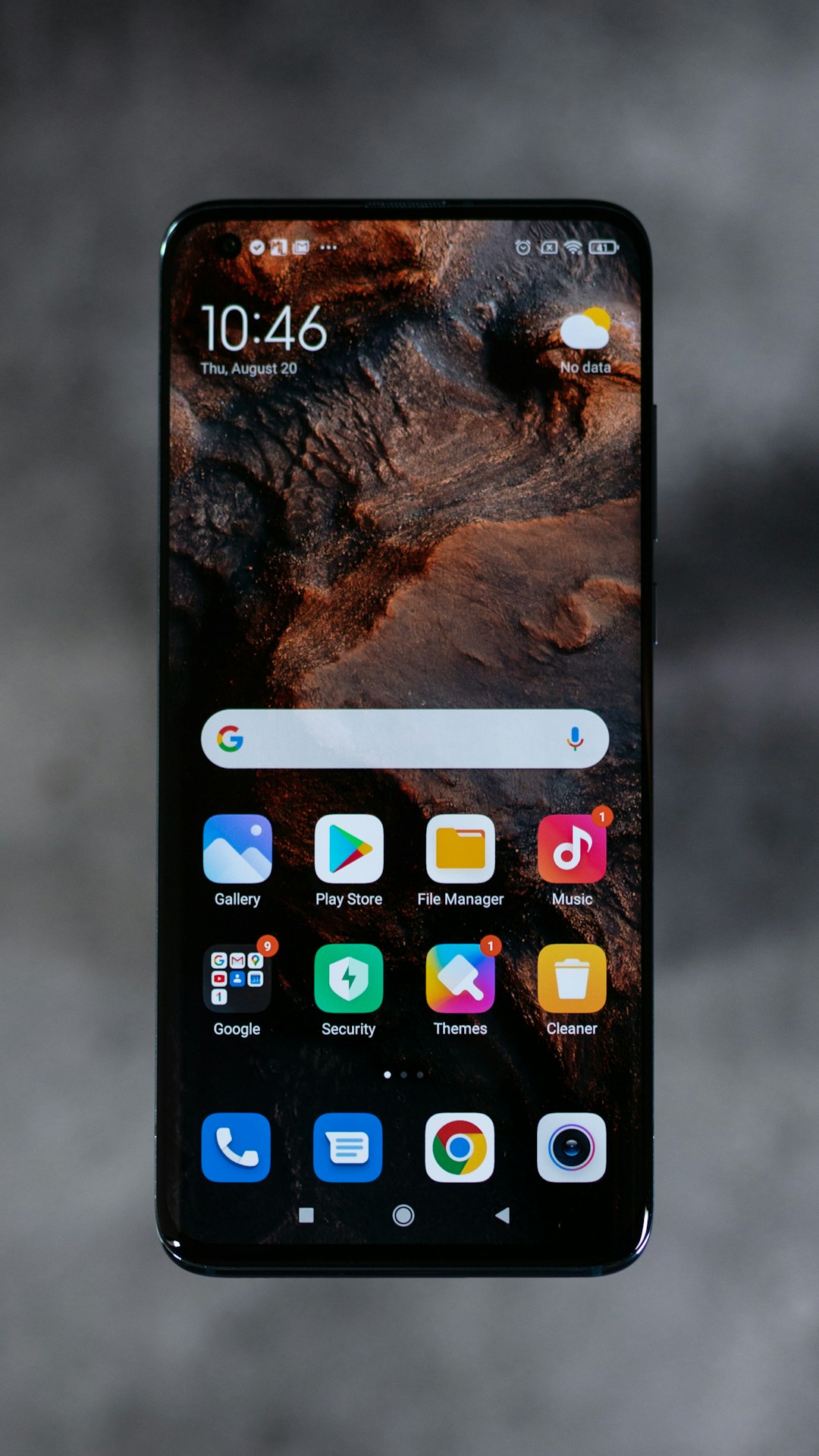Robocalls are a growing nuisance for non-English speakers in Arkansas, creating language barriers and isolation. Federal and state laws protect residents from unwanted automated calls, especially during specific hours without prior consent. Consulting with a Robocall Lawyer Arkansas is crucial to navigating these protections, addressing persistent or harassing callers, and overcoming language barriers. Arkansas is implementing a multi-faceted approach, combining technological advancements, public awareness, and legal frameworks to create a safer environment for non-English speakers.
Arkansas is making strides to protect non-English speakers from robocalls, an increasingly prevalent issue impacting minority communities. This article delves into the pervasive nature of robocalls and their unique effects on those for whom English is a second language. We explore legal protections in place, specifically tailored to aid non-English speakers, and examine innovative strategies Arkansas is employing to combat this nuisance. For those seeking guidance, connecting with a robocall lawyer Arkansas can offer valuable insights into navigating these complex issues.
Understanding Robocalls and Their Impact on Non-English Speakers in Arkansas

Robocalls, automated phone calls that deliver pre-recorded messages, have become a ubiquitous yet nuisance in modern communication. While they can be effective marketing tools for businesses, they often pose significant challenges for non-English speakers, particularly in Arkansas. These individuals may face barriers in understanding and responding to such calls due to language differences, potentially leading to feelings of isolation or confusion.
In Arkansas, where a diverse population speaks various languages, the impact of robocalls can be profound. Non-English speakers might struggle to discern legitimate communication from scams, especially when the automated messages are not accessible or clear. This issue is further exacerbated by the fact that many robocall services operate without regard for linguistic considerations, failing to provide translations or alternatives for non-English recipients. Engaging a Robocall Lawyer Arkansas can offer guidance and legal support to combat these problems, ensuring that residents’ rights and privacy are protected in an increasingly automated communication landscape.
Legal Protections for Non-English Speakers Against Robocalls

In Arkansas, non-English speakers have legal protections against robocalls under federal and state laws designed to safeguard consumers from deceptive or harassing telephone solicitation. The Telephone Consumer Protection Act (TCPA) prohibits automated phone calls made to any number on a registry of people who have requested not to be contacted, also known as the “do not call” list. Arkansas has its own additional protections, including specific regulations against robocalls made for commercial purposes during certain hours without prior consent from the caller.
If you’re a non-English speaker in Arkansas who’s been plagued by unwanted robocalls, consulting with a Robocall Lawyer Arkansas can help ensure your rights are protected. Legal experts specializing in this area can guide individuals through the complexities of consumer protection laws and help them take action against persistent or harassing callers. They can also assist in navigating any language barriers to ensure proper legal representation.
Effective Strategies Arkansas is Implementing to Combat Robocalls Targeting Minority Communities

Arkansas is employing several effective strategies to combat robocalls targeting minority communities. One key approach involves enhancing communication networks and technologies to better filter and block unwanted calls, ensuring that non-English speakers receive protection against invasive automated messaging. The state has also been proactive in educating citizens about recognizing and reporting suspicious calls, empowering them to become an integral part of the solution.
Additionally, Arkansas is working closely with local robocall lawyers to develop and enforce stricter regulations. These legal experts play a crucial role in guiding policy decisions and providing legal recourse for affected individuals. By combining technological advancements, public awareness campaigns, and robust legal frameworks, Arkansas aims to create a more secure environment for non-English speakers, making it a model for other states in addressing the growing concern of robocalls.






